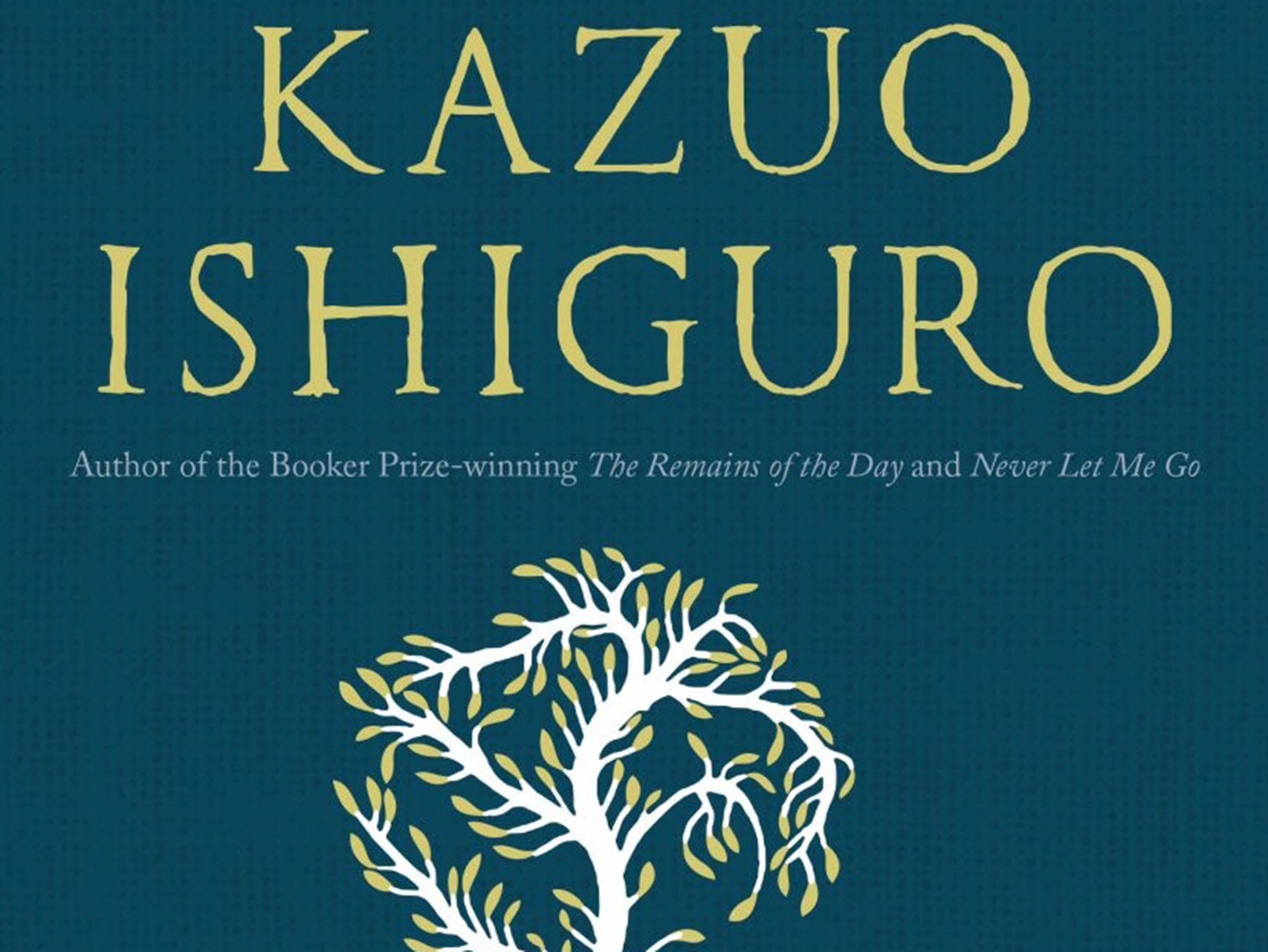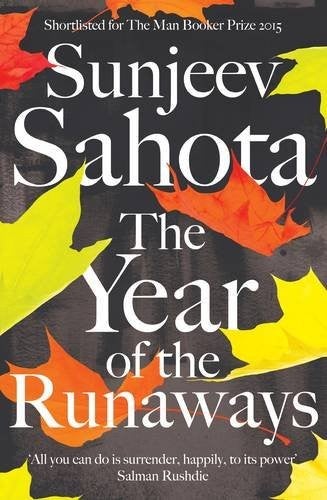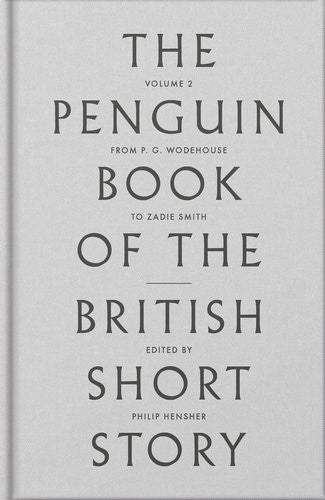Literary Fiction of the Year by Katy Guest: 'All this to savour – and then the thrill of a new Harper Lee, too'

Your support helps us to tell the story
From reproductive rights to climate change to Big Tech, The Independent is on the ground when the story is developing. Whether it's investigating the financials of Elon Musk's pro-Trump PAC or producing our latest documentary, 'The A Word', which shines a light on the American women fighting for reproductive rights, we know how important it is to parse out the facts from the messaging.
At such a critical moment in US history, we need reporters on the ground. Your donation allows us to keep sending journalists to speak to both sides of the story.
The Independent is trusted by Americans across the entire political spectrum. And unlike many other quality news outlets, we choose not to lock Americans out of our reporting and analysis with paywalls. We believe quality journalism should be available to everyone, paid for by those who can afford it.
Your support makes all the difference.Speaking at The Independent Bath Literature Festival earlier this year, Kazuo Ishiguro declared himself “on the side of the ogres”. He said: “I was taken aback to find there was this much prejudice against the fantasy genre ... I didn’t realise ogres and dragons would be such a problem.” I confess, when I picked up The Buried Giant (Faber & Faber, £20) a year ago, I was nervous.
Why had the subtle, restrained author of The Remains of the Day and Never Let Me Go gone all Fantasy? As it turned out, the novel is classic Ishiguro, set in a Saxon Britain where an elderly couple go on a quest to find their son. Appropriately, with its themes of remembrance and forgetting, it has one of the most memorable (and moving) endings of 2015. And Sir Gawain gets some great lines.
Bringing fiction bang up to date, Sunjeev Sahota’s Booker-shortlisted The Year of the Runaways (Picador, £14.99) unflinchingly filled in the back stories of 13 immigrants living in a house in Sheffield – from the former rickshaw driver from an “untouchable” family, to the little prince whose privileged background provides no support in his new life. Though it is not didactic, I defy anyone to read it and retain any simplistic opinions about “economic migration”.

Sarah Hall is one of the finest British novelists, and The Wolf Border (Faber & Faber, £12.99) sees her at her gutsy best. Her heroine is involved in a controversial scheme to “rewild” the British countryside with grey wolves, and Hall’s muscular, sensuous prose is in its element in this Cumbrian setting. Will Scotland vote for independence? Will the wolves break free? Will our liberated heroine settle down? It’s all a question (or several) of freedom.
Much of the best fiction of the year was short. Philip Hensher whittled down several centuries of short stories to present the 90 “best” in his two-volume Penguin Book of the British Short Story (Penguin Classics, £25 each). It would make a great Christmas present, to be savoured, story by story, for years to come. Inevitably, some readers were sorry not to see their favourites, including Helen Simpson and Kate Clanchy. Fortunately, both published collections this year: respectively, the bitterly comic Cockfosters (Jonathan Cape, £15.99), and the astutely poetic The Not-Dead and the Saved (Picador, £14.99). Simpson’s story “Erewhon”, which uses the simple device of giving a male character typically female problems and worries, is gold. For short fiction of the old school, a collection of “lost” fairy tales was an unusual treat: Franz Xaver von Schönwerth’s The Turnip Princess And Other Newly Discovered Fairy Tales (Penguin Classics, £9.99) are often even earthier than the Grimms’ tales, and with more male protagonists, including the (very) little boy, “Thumbnickel”.

Speaking of classics, the fourth in Elena Ferrante’s Neapolitan quartet was published this year, increasing the number of readers around the world who now realise Ferrante’s brilliance. The Story of the Lost Child (Europa, £11.99) concludes the story of Elena and Lila – one of the most compelling female friendships in fiction. And speaking of the newly discovered, Harper Lee’s Go Set a Watchman (William Heinemann, £18.99) was published amid great furore. No, it is not as good as To Kill a Mockingbird – but what is? It’s still a thrill to discern Lee’s unique voice in this early draft of her famous novel, especially in a comic “at-home” scene in which a grown-up Scout Finch comes over all Bridget Jones.
There’s nothing romantic comedy about my debut novel of the year, Tasha Kavanagh’s Things We Have in Common (Canongate, £12.99). Yasmin is an overweight teenager – odd, obsessive, and bullied at school. She obsesses about the class beauty, Alice. And then about a man she sees watching Alice. And then, Alice goes missing … Its second-person narration draws the reader in, and its creepy ending made me shiver.
There’s an even less sympathetic narrator in Jonathan Lee’s High Dive (William Heinemann, £16.99), which takes several viewpoints in the run-up to the 1984 Brighton bombing. Lee invents Dan, a shadowy accomplice to the bomber, and shows, among other things, how nice guys become killers. It’s a bold move to set a novel in recent history (though possibly not in living memory for many of Lee’s readers), but as he told this paper, we need to remember. “That thing people say about nothing being more remote than the recent past holds true,” he said, comparing the IRA’s attacks to more recent terrorist events. “I think there has been a collective sort of forgetting of that time.”
Edna O’Brien also invents an unwitting witness to history in The Little Red Chairs (Faber & Faber, £18.99). In one of the most beautiful and brutal novels of the year, the draper’s wife, Fidelma, falls for the new guy in her small Irish town, who just happens to be a wanted war criminal. It’s about no less than the power of hope and the nature of evil, and the battle between the two.
Join our commenting forum
Join thought-provoking conversations, follow other Independent readers and see their replies
Comments